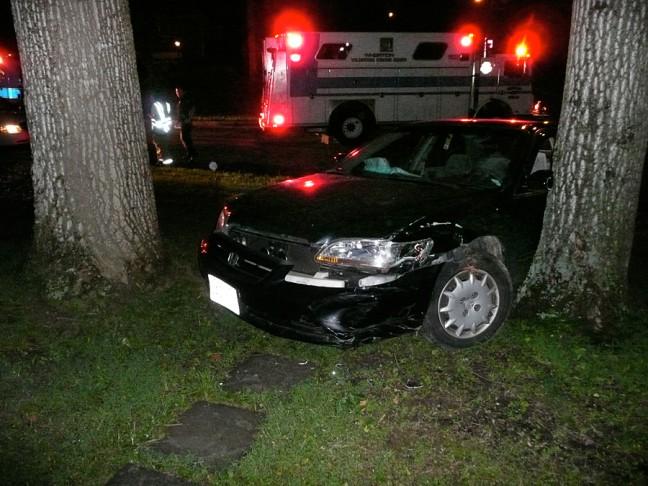As I was scouring the local news, trying to find some topic I could rip apart, satirize and then present to readers in 600 to 800 words, I came across three articles with a common theme: proof that Americans repeatedly perform acts of questionable legality and intelligence. These news stories were about drunken drivers who are facing a second, third or even fourth operating while intoxicated charge and just serve to show how truly lax OWI laws in Wisconsin are on repeat offenders.
Here in Wisconsin, one can operate an instrument of death in sub-par (intoxicated) conditions, putting not only his or her life in danger but countless others and essentially get away scott-free. This is exemplified by the fact that the license suspension for a fifth or sixth time offender is a mere two to three years!
And, as pointed out by a Channel 3000 article I encountered, there are plenty of loopholes in the system, one of which allowed former Democratic spokesperson Graeme Zielinski to have his third OWI offense counted as his first. This means he could, theoretically, operate the same motor vehicle in the same intoxicated condition five more times before facing any semi-serious consequences. This seems to be a glaring problem that could only be made worse by enacting a lower drinking age, which is precisely what some University of Wisconsin students are pushing for.
Coincidentally, the day after I stumbled upon these news articles, I, like the rest of my fellow students, received an email from the Associated Students of Madison. This email explained that ASM was going to be conducting research to attempt to lower the legal drinking age to 19 with the purchase of a permit.
Let me tell you why this is stupid. For many years, the most common argument I have heard in favor of lowering the drinking age is the fact that once an American hits adulthood, he or she can join the army and fight for the U.S., but cannot legally toast to ‘Merica with an alcoholic beverage. Even if this hypothetical bill became a law, we would still hear the same complaint. Additionally, in accordance with the National Minimum Drinking Age of 1984, if Wisconsin were to lower its minimum drinking age, it would lose up to 10 percent of its federal highway funding. So the permit cost would have to be high enough to compensate for that loss but low enough to outsell fake IDs.
Now let’s look at this from an OWI perspective. Although drivers younger than 21 account for less than 10 percent of licensed drivers, these individuals account for more than 22 percent of OWI-related fatalities in Wisconsin, according to a survey from 2011. Scary stuff. And if we did make access to alcohol for individuals under 21 easier, the statistics would be even higher. Luckily for us though, Wisconsin has a zero-tolerance policy. This means anybody under the age of 21 found to be operating a motor vehicle with any amount of alcohol in their system will be slapped on the wrist with the same punishment usually reserved for anyone older than 21 driving with a BAC of more than 0.08 percent.
Furthermore, one of the main reasons the National Minimum Drinking Age of 1984 was passed was to create uniformity within the law. Before this law, teenagers would drive across state borders to states with lower drink ages, get drunk and drive home, putting others in harm’s way of drunk driving accidents. History would definitely repeat itself if Wisconsin were to lower its drinking age.
Clearly, if we want to begin considering lowering the drinking age, we will need to put in place much stronger and harsher OWI laws. We must also consider the impact this new mandate would have on teenagers living in proximity to Wisconsin. Let’s keep teenagers safe (or at least not actively encourage them to operate motor vehicles while intoxicated)!
Briana Reilly (reillybrianar


